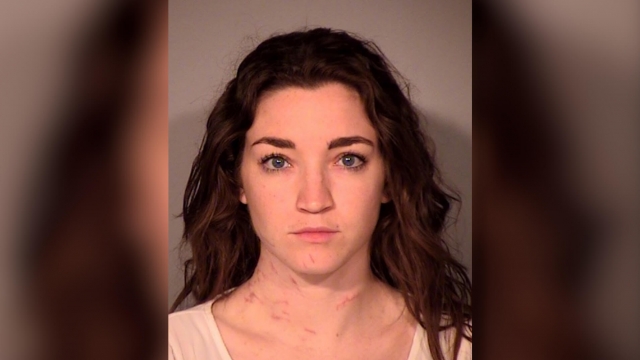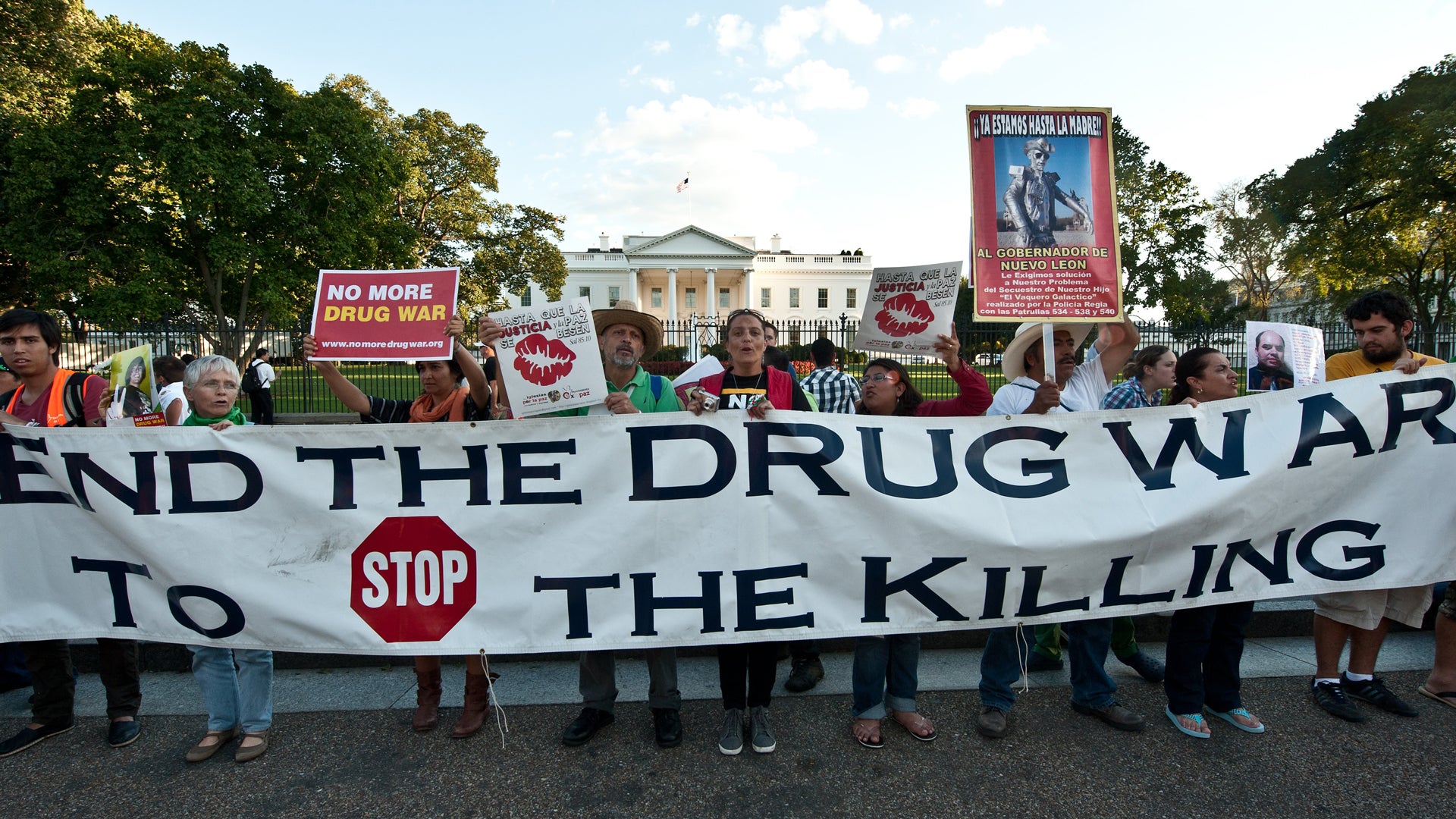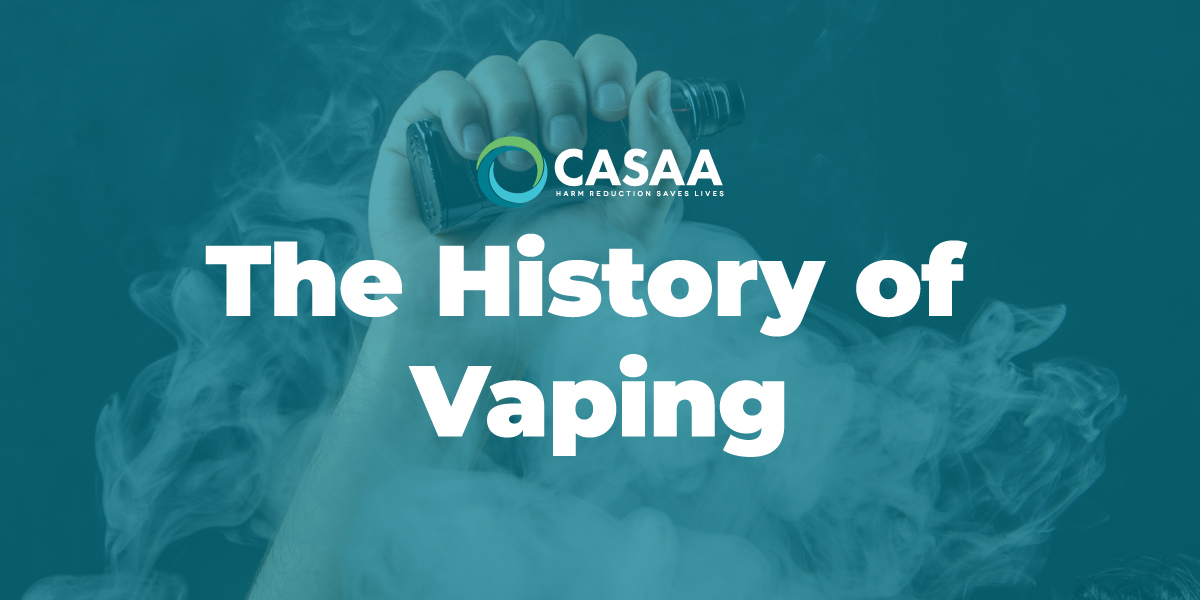army judge
Super Moderator
- Jurisdiction
- California
The presiding judge attributed the decision to a lack of culpability, stating that "she had no control over her actions" during the psychotic episode.
By Scripps News Staff
Facebook ShareTweetEmailSMS
Posted: 5:23 p.m. EST Jan 24, 2024
Bryn Spejcher, a woman who stabbed her boyfriend over 100 times during a "cannabis-induced psychotic" episode, has been sentenced to two years of probation with no prison time.
In 2018, Spejcher went to the home of her boyfriend, 26-year-old Chad O'Melia, in Thousand Oaks, California. After smoking marijuana from a bong, she experienced a psychotic episode that led her to stab O'Melia to death and stab herself multiple times, according to the Ventura County District Attorney's Office. The couple had been dating for just a few weeks.
In Dec. 2023, Spejcher was convicted of involuntary manslaughter in O'Melia's killing and was awaiting sentencing on Tuesday, facing a potential four-year prison term, according to the Ventura County Star.
The final ruling was delivered by Ventura County Superior Court Judge David Worley, who attributed the decision to a lack of culpability, stating that the "senseless" killing was driven by the psychotic episode and therefore "she had no control over her actions," the VC Star reported.
During the hearing, Spejcher, who turns 33 Thursday, spoke and apologized to the victim's father, Sean O'Melia, and said, "My actions have ripped your family apart ... I am broken and aching inside. I hurt that you never see Chad again."
Sean O'Melia was displeased with the verdict, stating that the judge "just gave everyone in the state of California who smokes marijuana a license to kill someone," according to the outlet.
Spejcher received a sentence of 100 hours of community service dedicated to raising awareness about the impacts of marijuana-induced psychosis. Additionally, she was given a suspended prison sentence with the possibility of jail time if she violates probation.

 scrippsnews.com
scrippsnews.com

By Scripps News Staff
Facebook ShareTweetEmailSMS
Posted: 5:23 p.m. EST Jan 24, 2024
Bryn Spejcher, a woman who stabbed her boyfriend over 100 times during a "cannabis-induced psychotic" episode, has been sentenced to two years of probation with no prison time.
In 2018, Spejcher went to the home of her boyfriend, 26-year-old Chad O'Melia, in Thousand Oaks, California. After smoking marijuana from a bong, she experienced a psychotic episode that led her to stab O'Melia to death and stab herself multiple times, according to the Ventura County District Attorney's Office. The couple had been dating for just a few weeks.
In Dec. 2023, Spejcher was convicted of involuntary manslaughter in O'Melia's killing and was awaiting sentencing on Tuesday, facing a potential four-year prison term, according to the Ventura County Star.
The final ruling was delivered by Ventura County Superior Court Judge David Worley, who attributed the decision to a lack of culpability, stating that the "senseless" killing was driven by the psychotic episode and therefore "she had no control over her actions," the VC Star reported.
During the hearing, Spejcher, who turns 33 Thursday, spoke and apologized to the victim's father, Sean O'Melia, and said, "My actions have ripped your family apart ... I am broken and aching inside. I hurt that you never see Chad again."
Sean O'Melia was displeased with the verdict, stating that the judge "just gave everyone in the state of California who smokes marijuana a license to kill someone," according to the outlet.
Spejcher received a sentence of 100 hours of community service dedicated to raising awareness about the impacts of marijuana-induced psychosis. Additionally, she was given a suspended prison sentence with the possibility of jail time if she violates probation.

Woman gets no prison time for stabbing her boyfriend over 100 times
A California woman who stabbed her boyfriend over 100 times during a "cannabis-induced psychotic" episode has been sentenced to two years of probation with no prison time.



